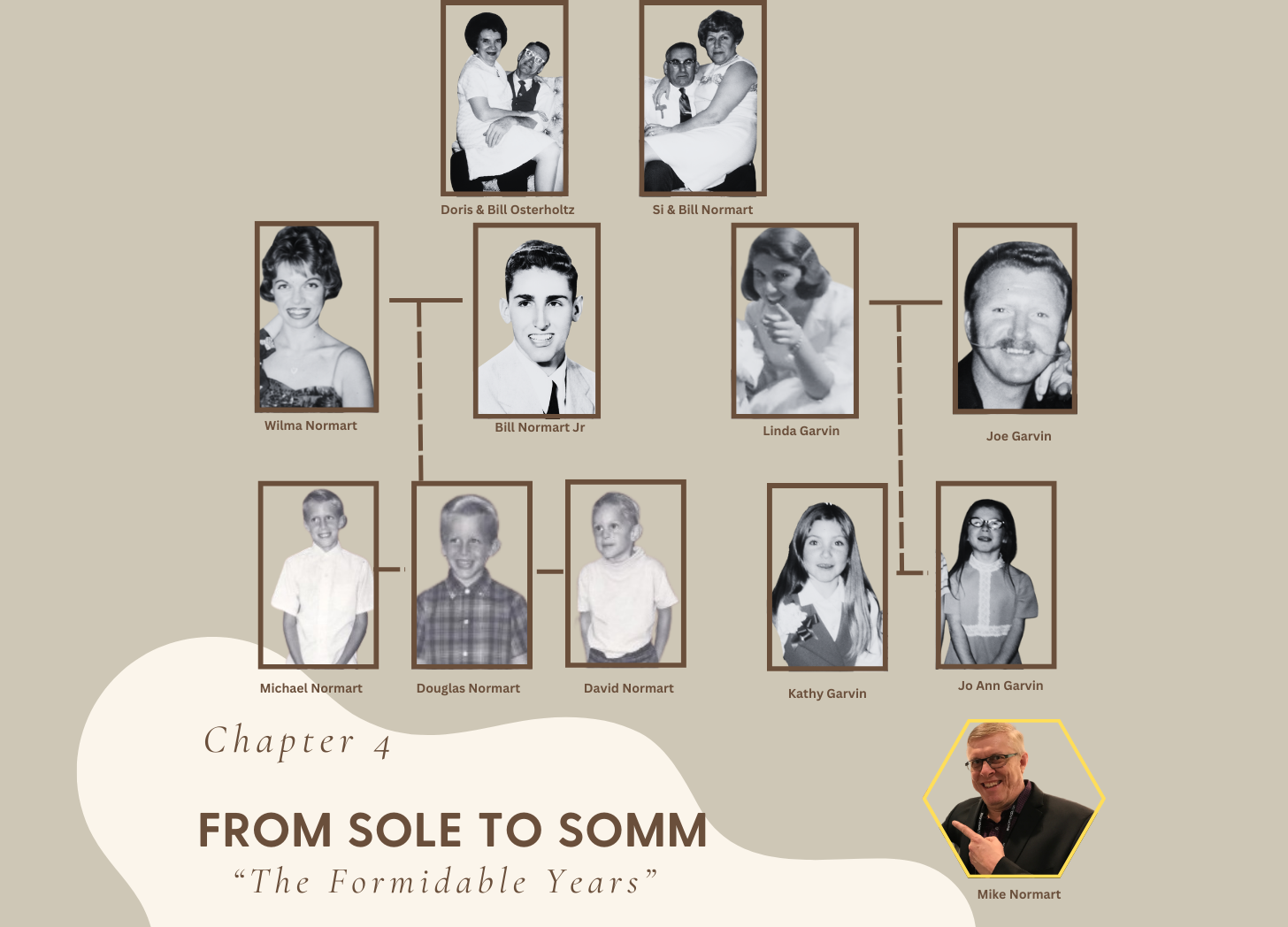“Unwinding with Wine: The Science Behind Sipping and Relaxation”
Unwinding with Wine, after a long day, many of us enjoy pouring a glass of wine to unwind. But have you ever wondered why wine seems to have such a calming effect? Let’s explore the science behind the relaxation we experience when indulging in a glass of our favorite vino.
Alcohol’s Effect on the Brain:
When consumed in moderation, alcohol can help us relax by affecting the neurotransmitters in our brains. Specifically, alcohol increases the levels of dopamine and serotonin, which are associated with pleasure and happiness, and decreases glutamate, which is responsible for feelings of anxiety and stress. However, it’s essential to remember that excessive alcohol consumption can have negative health effects.
Polyphenols in Wine: Polyphenols are micronutrients that naturally occur in plants, providing various health benefits due to their antioxidant properties. These compounds help protect against oxidative stress, which can cause damage to cells and contribute to aging and diseases. Red wine is one of the sources of polyphenols, along with other plant-based foods like fruits, vegetables, herbs, spices, tea, and dark chocolate.
The Art of Wine Tasting: Embracing Mindfulness and Relaxation
The process of wine tasting goes beyond simply consuming a beverage; it’s an experience that can promote relaxation and encourage mindfulness. Engaging in a slow, deliberate ritual allows you to focus on the present moment and escape the stressors of everyday life.
Here are a few aspects of the wine tasting process that contribute to its soothing nature:
Observing the Appearance: Begin by pouring the wine into a glass and examining its color, clarity, and viscosity. The simple act of focusing your attention on these visual characteristics invites you to be fully present and engaged.
Inhaling the Aroma: Swirl the wine gently in the glass and bring it to your nose, taking note of the various scents that reveal themselves. By focusing on the complex and enticing aromas, you’re actively engaging your senses and allowing yourself to become immersed in the experience.
Savoring the Taste: Finally, take a sip and allow the flavors to unfold on your palate. Pay attention to the wine’s texture, acidity, and finish. By giving your full attention to these sensory elements, you’re fostering a state of mindfulness that helps quiet the mind and promote relaxation.
Incorporating wine tasting rituals into your routine can be an excellent way to unwind and indulge in a bit of self-care. Whether you’re enjoying a glass alone or sharing the experience with others, the act of savoring wine through sight, smell, and taste can provide a much-needed respite from the hustle and bustle of daily life.
So, the next time you uncork a bottle, remember to take your time and fully engage your senses, transforming a simple glass of wine into a mindful and rejuvenating experience.
Social Connections and Wine in Moderation
Sharing a bottle of wine with friends or loved ones can strengthen social bonds and create a sense of community. Research has shown that strong social connections contribute to overall well-being and happiness, which in turn, can help us feel more relaxed. Engaging in conversations, sharing experiences, and creating memories over a glass of wine fosters a sense of belonging and enhances relationships.
However, it’s crucial to enjoy wine in moderation to reap its potential benefits while minimizing any potential risks. According to the Dietary Guidelines for Americans, moderate alcohol consumption is defined as up to one drink per day for women and up to two drinks per day for men. In the context of wine, a standard drink is generally considered to be 5 ounces or approximately 150 milliliters.
Moderate wine consumption allows you to savor the flavors and aromas of your favorite varietals while maintaining a healthy balance. Drinking in moderation can help promote a sense of relaxation and facilitate social connections without negatively impacting your overall well-being.
Remember that individual tolerance, health status, and personal preferences should be taken into account when determining what moderate wine consumption means for you. Always consult with a healthcare professional if you have concerns or questions about your alcohol intake.
By embracing wine in moderation and fostering meaningful social connections, you can enhance your enjoyment of this timeless beverage while contributing to a more balanced and fulfilling life.Aromatherapy Aspect: The aroma of wine can also play a role in relaxation. As we swirl and sniff our wine, the pleasing scent can help us unwind, similar to the way aromatherapy aids in stress reduction.
Antioxidants in Wine:
Red wine, in particular, contains antioxidants such as resveratrol, which have been linked to potential health benefits. While more research is needed to determine the extent of these benefits, moderate wine consumption might contribute to a healthier lifestyle.
In Conclusion
In conclusion, the combination of alcohol’s effect on the brain, the mindful ritual of wine tasting, and the potential benefits of antioxidants in wine can create a harmonious experience that promotes relaxation and well-being. By embracing wine in moderation and fostering meaningful social connections through shared experiences, you can enhance your enjoyment of this timeless beverage while contributing to a more balanced and fulfilling life.
So, as you continue to explore the world of wine, remember to savor each sip, connect with others, and appreciate the myriad ways in which wine can enrich your life. Cheers to the art of relaxation!

Subscribe to my Blog by filling out the info below and then press the “subscribe” button

From Sole to Somm – My Brothers and 1st Cousins

From Sole to Somm – The Impressionable Years


Love relaxing with wine. My only vice. So informative!
Enjoyed this read. Hit some great points.